Best Practices When Engaging with Impacted Communities
Guidelines for Government Officials, the Department of Defense and Corporate Polluters
Lack of transparency, disregard for health, and slowness to act are just some of the experiences communities have faced dealing with PFAS contamination over the last decade. These experiences underscore the need for government officials, the Department of Defense, and corporate polluters to better communicate with communities as they grapple with toxic PFAS contamination in their water.
Community members who have directly interacted with government and corporations in their communities developed the following best practices to guide officials and corporations in future interactions.
Treat toxic PFAS contamination in our drinking, ground, and surface water like the human health crisis that it is in our state.
If a problem is suspected, impacted communities need to know as soon as possible to make decisions about how to best protect themselves and their families.
It’s better to know early about a potential problem than to withhold information and create distrust.
Don't minimize and placate — give communities the unvarnished truth.
Don’t attempt confusion with scientific jargon and acronyms. Communities need timely discussions, not lectures, so they can protect themselves.
Communities do not want elaborate displays or presentations to disguise the facts - they want ongoing, interactive, educational discussions with specific agencies that are a two-way street and allow for ample Q&A.
Government and responsible polluters have only one chance to make a first impression — if a mistake was made, simply own it. If facts are unknown, simply say it.
Michiganders care about our water, so work together with us to clean up and protect it.
